Despite the recent exponential growth and penetration of inclusive digital technologies in Africa, persons with disabilities have remained disproportionately hindered from enjoying the benefits that come with these technological advancements as they are often excluded from the design, implementation process, and discussions about these technologies.
To combat this issue, TrustLaw, the Thomson Reuters Foundation’s global pro bono service, connected CIPESA, a pan-African ICT Inclusivity NGO, with leading law firms to map the current laws on the rights of persons with disabilities to access ICT in the region.
To celebrate this project’s nomination for a Collaboration Award as part of the 2025 TrustLaw Awards, we caught up with representatives from three of the firms who led the project: Prince Kanokanga, Associate, Kanokanga & Partners, Kafui Komla, Associate, Renaissance Law Chambers, Coleen Namuyamba-Bwalya, Senior Associate, and Dalitso Ng’ona, Associate, Corpus Legal Practitioners, to delve deeper into the impact and vision that drives their work forward.
Why were you keen to work on this project?
“Living in a world where everything is now becoming digital and having family members who experience disabilities, this project was definitely something close to each one of our team members. It brought to our attention the huge gaps in our laws with respect to the rights of persons with disabilities to access information and communications technologies and the need for reform in this area.”
– Dalitso Ng’ona
How do you feel about the impact the work could have?
“This project offers a powerful comparative resource, allowing stakeholders to learn from various legal systems on ICT access for people with disabilities. It creates space for global dialogue and could influence future reforms. We are proud to have contributed to such a necessary and timely initiative promoting digital inclusion.”
– Kafui Komla
“I believe that the impact of the work is incalculable particularly in a country such as Zimbabwe in which there is currently no specific legislation dealing with persons with disabilities. The findings of this project will assist the Government in drafting laws that reflect a human rights-based approach to disability.”
– Prince Kanokanga
Why is it important for law firms to do pro bono projects like this?
“By undertaking pro bono projects, law firms are able to bring about change especially in areas affecting the more vulnerable members of our society. Also, legal fees tend to be high, depriving people with disabilities of the ability to effectively advocate for change. By offering services on a pro bono basis, law firms are able to help people by bringing great benefits to societies and being the voices for change.”
– Coleen Namuyamba-Bwalya
“Pro bono work promotes access to justice and social equity, especially for the vulnerable. The legal system is daunting without representation, and lawyers have a duty to help bridge that gap. Pro bono should be seen not just as a requirement but as part of a firm’s ethical and social responsibility.”
– Kafui Komla
Do you have any specific learnings from the case about how to deliver a successful pro bono project that would be useful to pass on to other lawyers?
“There are many things that I learned from this project, most notably, the power created in collaborating with lawyers from multiple jurisdictions, the importance of having dedicated pro bono staff, the need for tech and innovation as well as having modern policies in place for your pro bono work.”
– Prince Kanokanga
“Lawyers should strive to treat pro bono matters as professionally as paid ones, keep an open mind as pro bono projects often raise unique issues, involve peer review and include input from non-lawyers with diverse expertise. This strategy promotes quality, innovation, and meaningful solutions in delivering impactful pro bono work.”
– Kafui Komla
This project would not have been possible without additional pro bono legal support from firms Zangue & Partners-Avocats, Dechert, A&O Shearman, DLA Piper Africa, Geni & Kebe Lawyers, RR Associates; and Udo Udoma & Belo-Osagie.
More Impact Stories
View All Impact Stories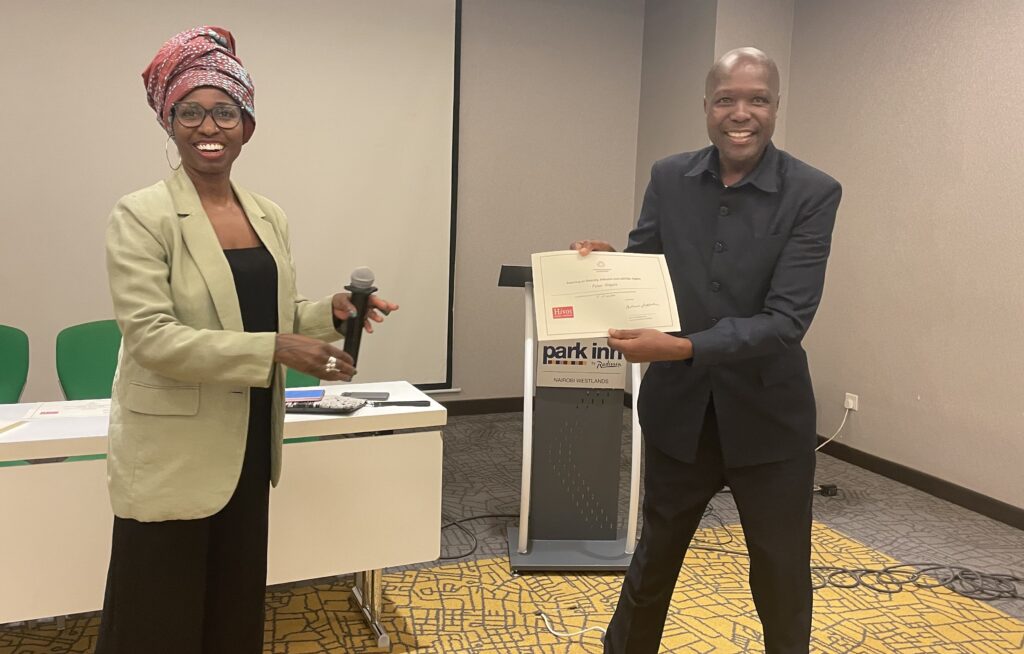
Reporting with empathy: one journalist’s journey to allyship
Discover how training from the…
Read More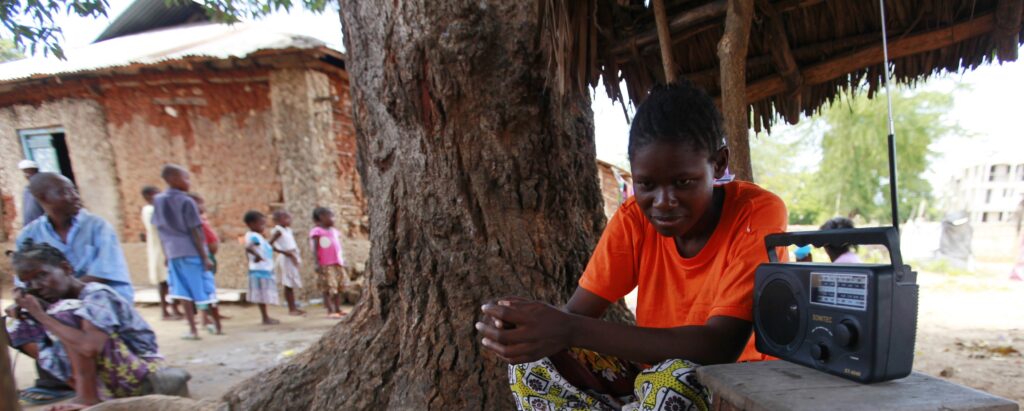
Shielding community journalism: How pro bono legal expertise broke the cycle of self-censorship for one Kenyan radio station
As Kenyan radio station Radio Domus ramped up the content it was putting out on digital platforms to…
Read More
Combatting international corruption: The pro bono research behind the landmark Foreign Extortion Prevention Act
The absence of any U.S. law stopping a foreign official from demanding a bribe from an American…
Read More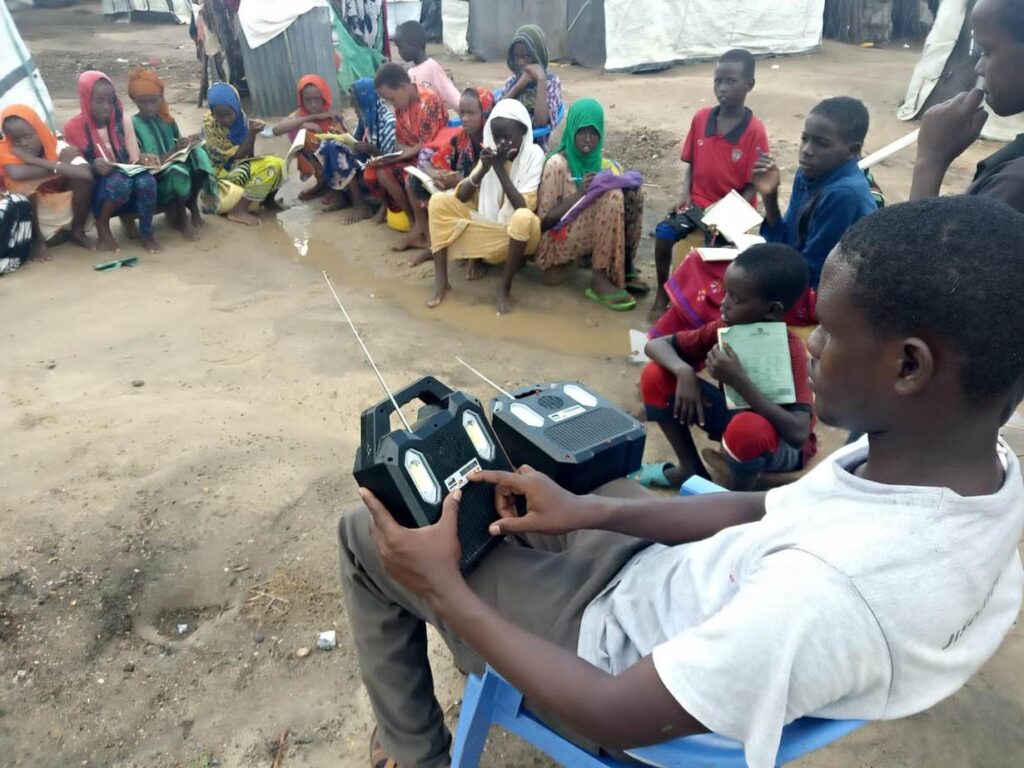
The value of pro bono: Radio Domus
Radio Domus FM is a non-profit youth-centric, 24-hour community radio station in Kajiado…
Read More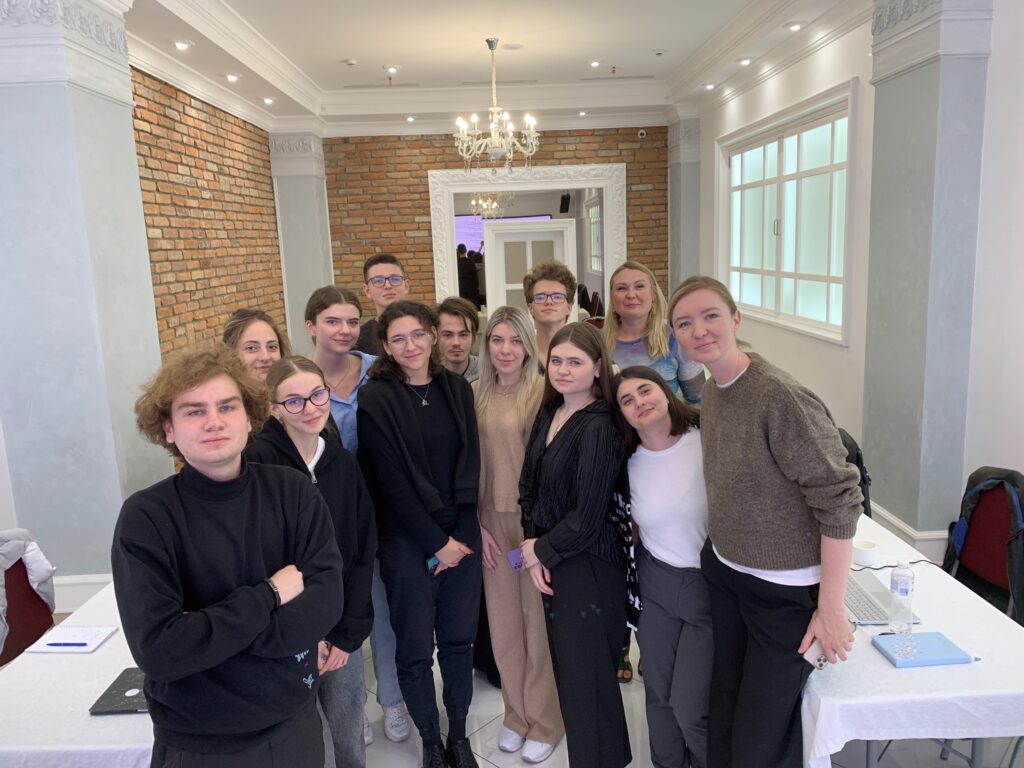

Delivering pro bono legal services in France
Participation in pro bono initiatives is on the rise in France,…
Read More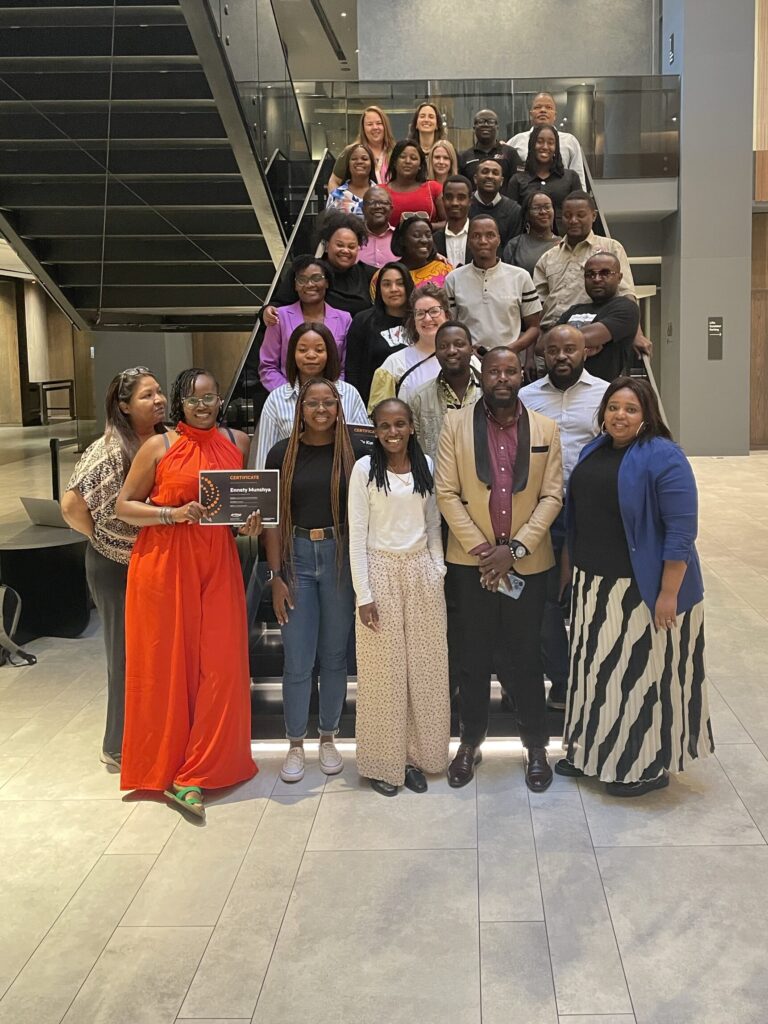
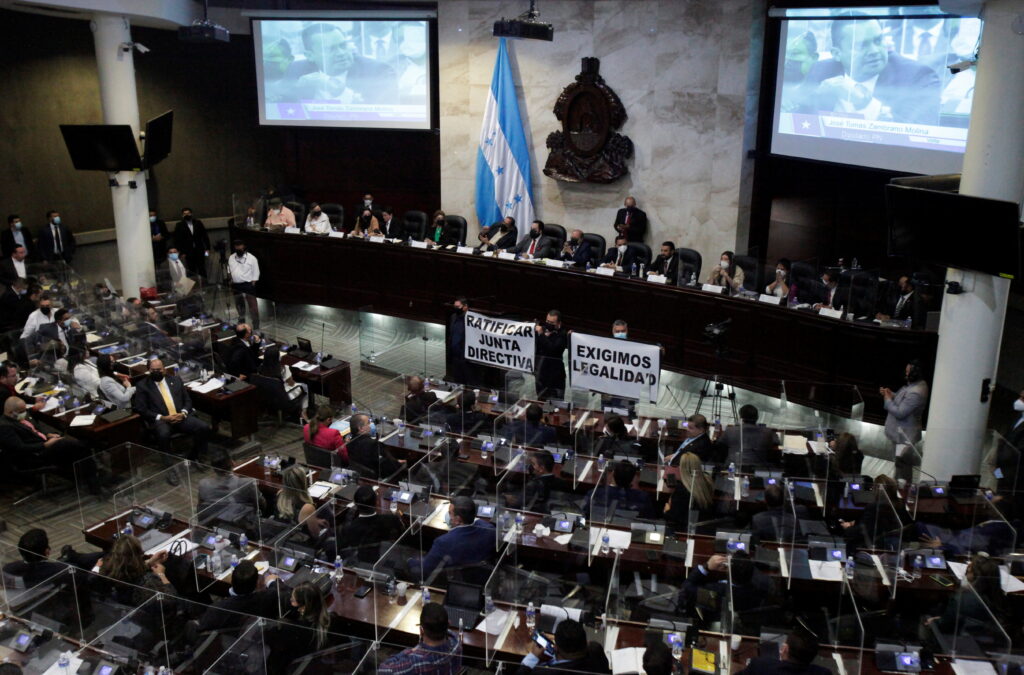
Delivering pro bono legal services in Latin America
New technologies are enhancing pro bono work in Latin…
Read More
Delivering pro bono legal services in the United States
In 2020, White & Case created its Access to Justice…
Read More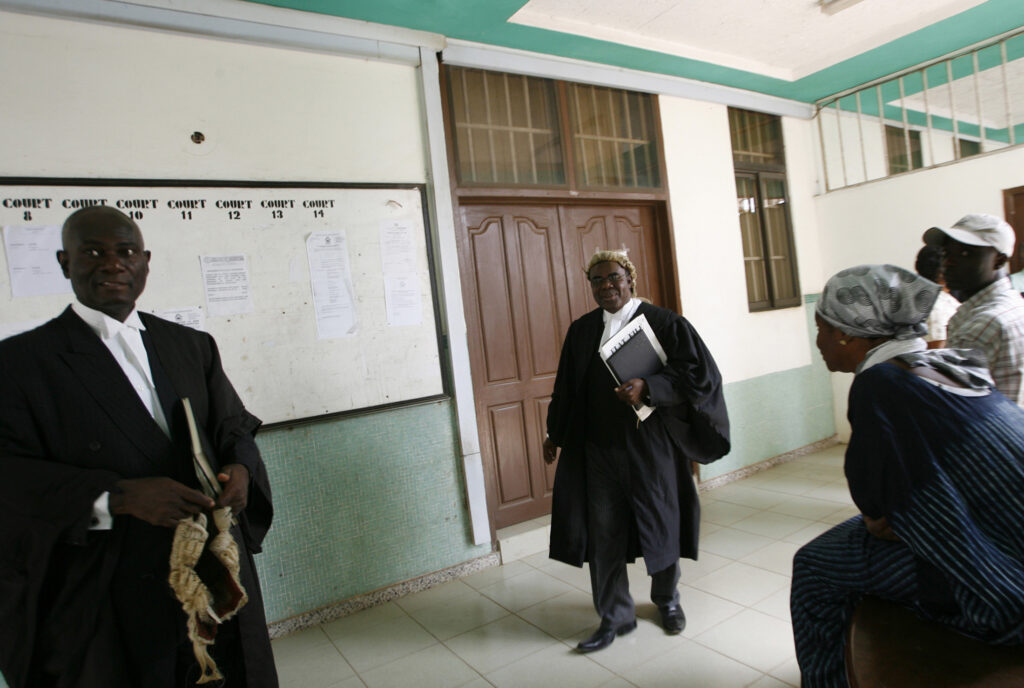
Delivering pro bono legal services in Ghana
The legal community in Ghana is frequently engaged in dialogue about…
Read More

